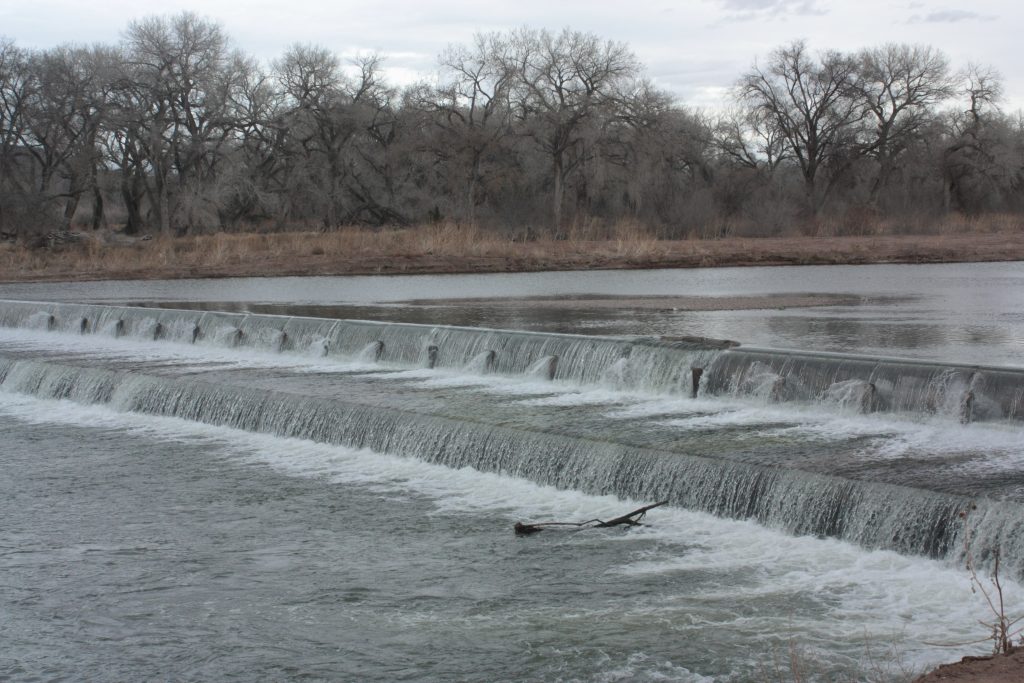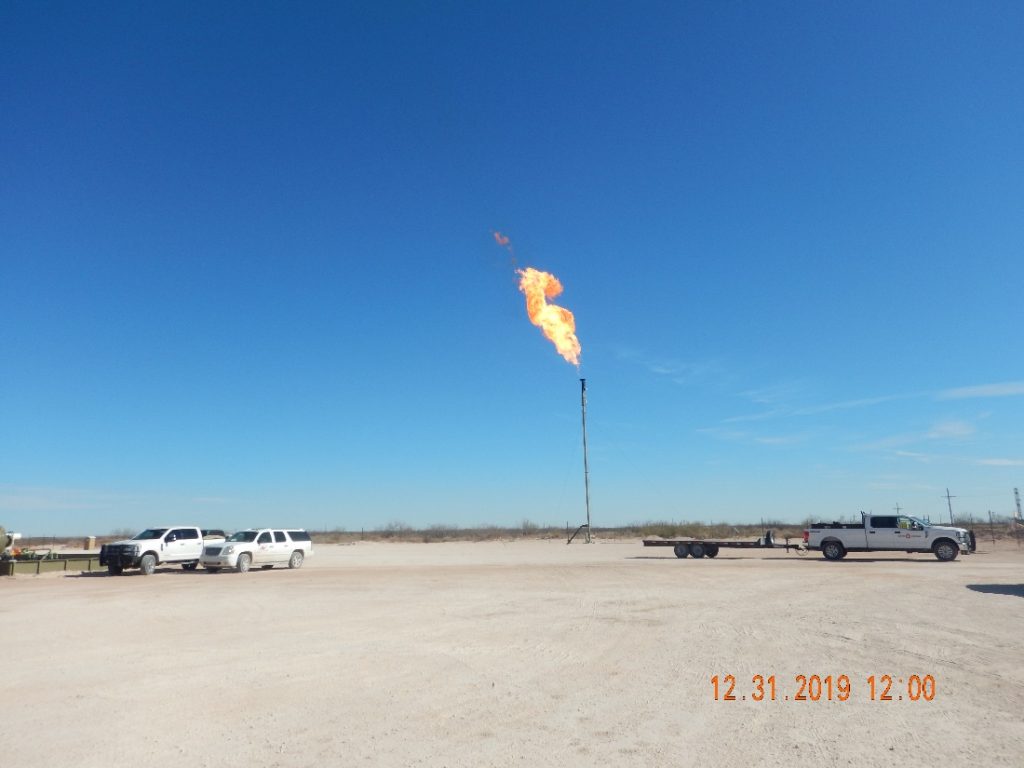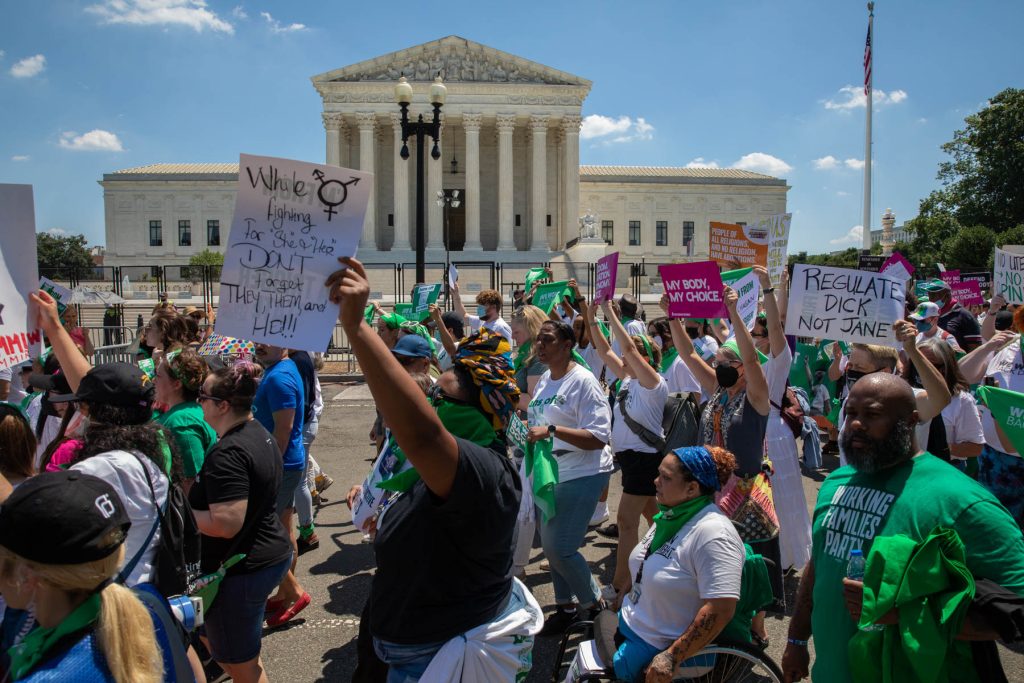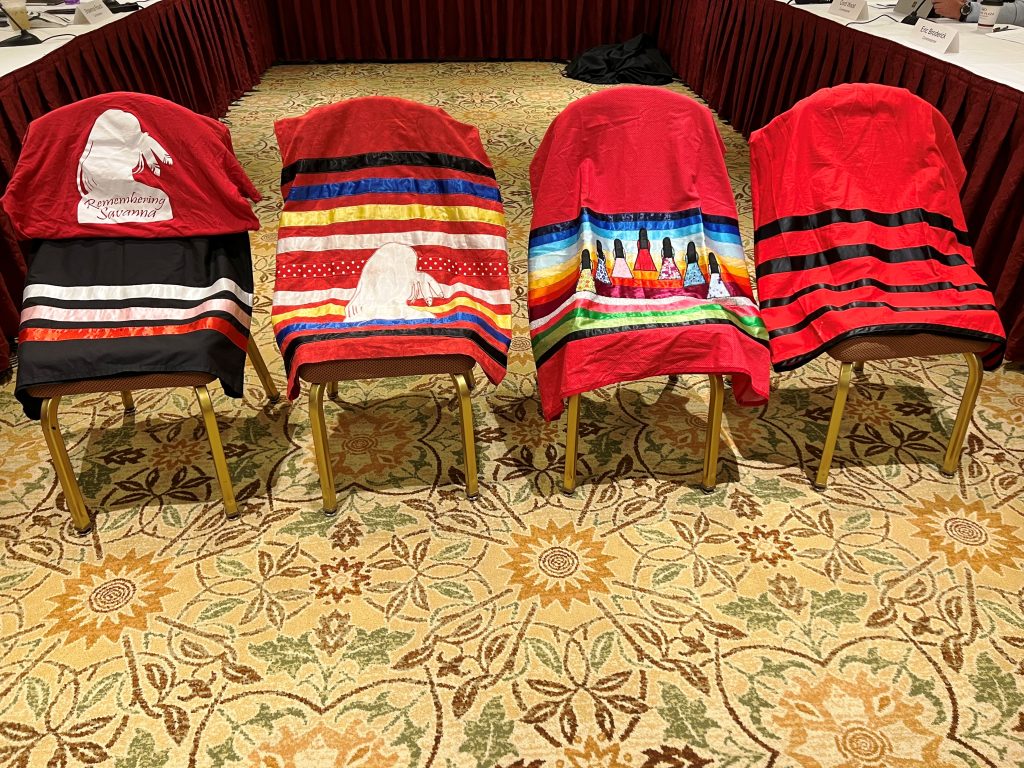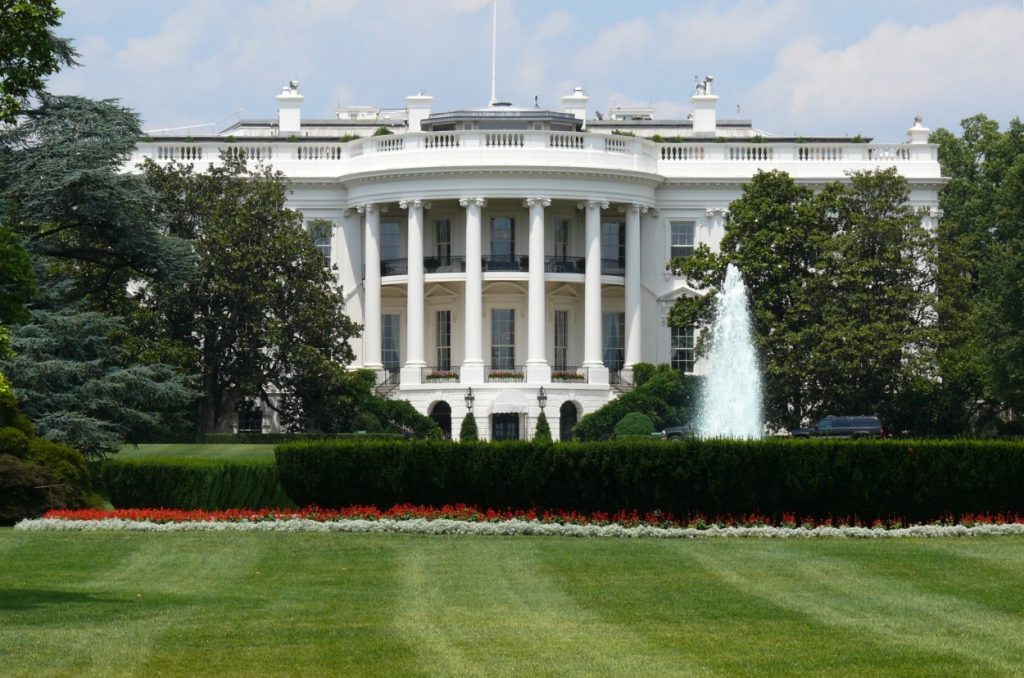The New Mexico Supreme Court issued a full opinion regarding a ruling they issued from the bench in August that affirmed the governor’s authority stemming from the state’s COVID-19 public health orders.
The case was filed by a group of New Mexico business owners who argued Gov. Michelle Lujan Grisham and the state Department of Health overstepped their authority in ordering restaurants to close and, in some cases, issuing penalties to those that did not.
The unanimous opinion, written by the high court’s only Republican Justice Judith Nakamura, said arguments that the state’s Public Health Emergency Response Act (PHERA) does not allow the governor or the public health secretary were “ultimately unpersuasive.”
Nakamura wrote that the court considered two questions: Whether the state has the power to restrict businesses during a public health emergency and whether the state can issue civil penalties for non-compliance.
The short answers to both questions were yes.
“We have taken judicial notice that the COVID-19 pandemic was an emergency as of March 11, 2020, and continues to be so, not only in New Mexico, but in the United States generally, and we liberally construe Petitioners’ authority under the PHERA to enable the Secretary of Health and others to manage and coordinate a response to a public health emergency such as the COVID-19 pandemic,” Nakamura wrote.
Nakamura also wrote that when the New Mexico Legislature passed PHERA, the intention was to allow penalties for non-compliance, even if it’s a business that opened against the state’s orders.
“The spirit and intent of the Act suggests that the penalty provision is applicable to all violations of orders and other measures lawfully exercising the powers conveyed thereunder,” Nakamura wrote.
One issue that was briefly raised during the hearing was whether the state’s order for businesses to close constituted a “taking” or eminent domain, which would have required compensation from the state. The business owners that filed the original suit did not raise the issue specifically, but the governor’s lawyer asked if the court would address it as there are pending state district court cases regarding that issue.
The court declined to issue a ruling in August and in her opinion, Nakamura said there was not enough evidence to consider the issue.




